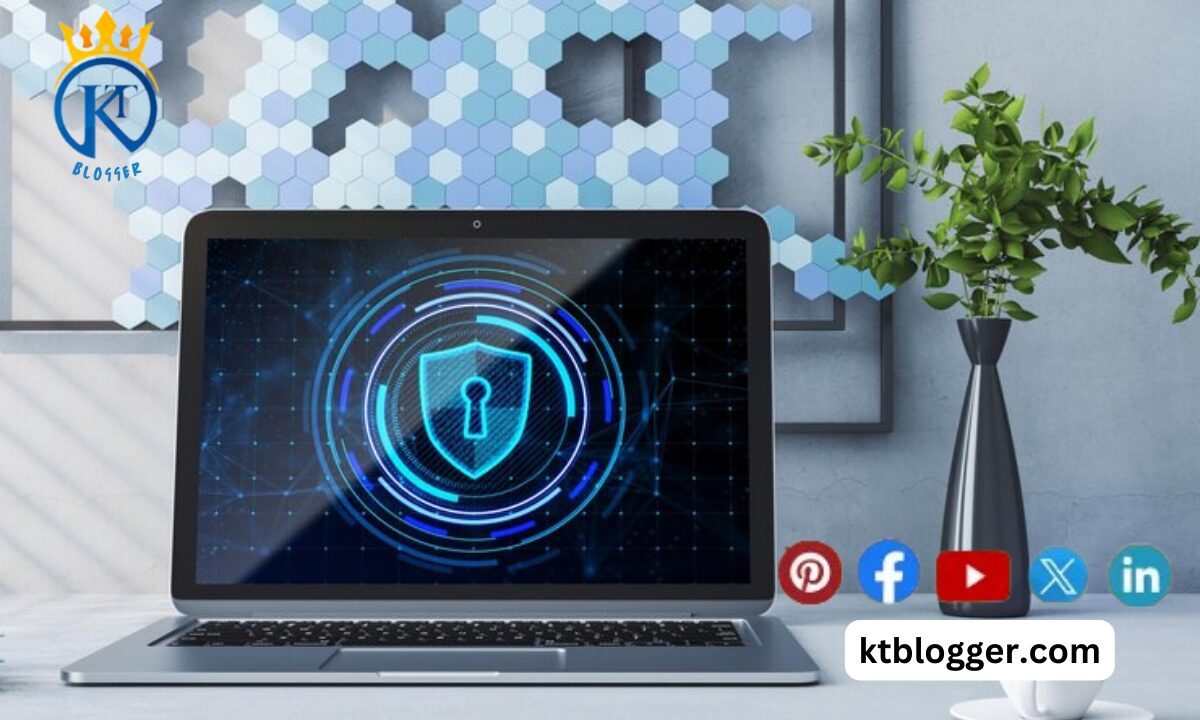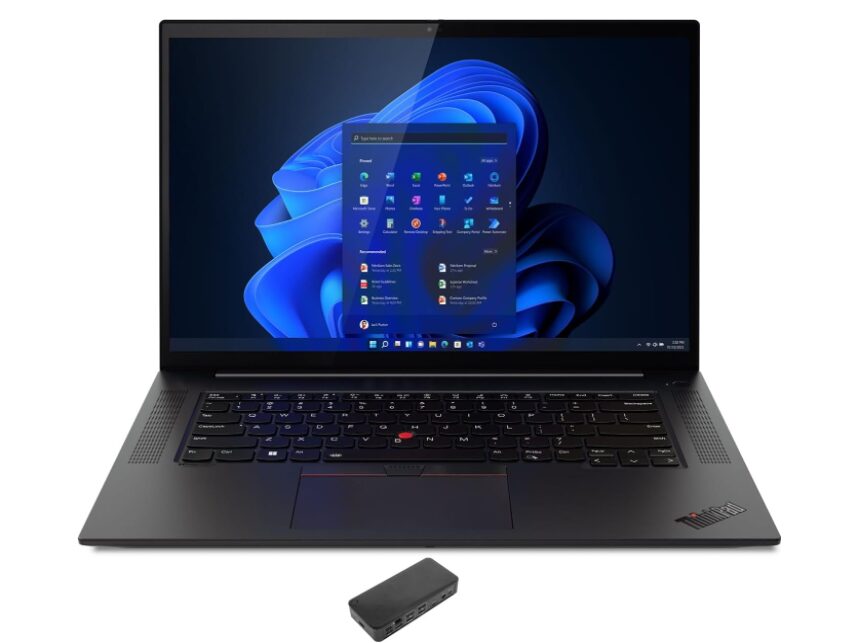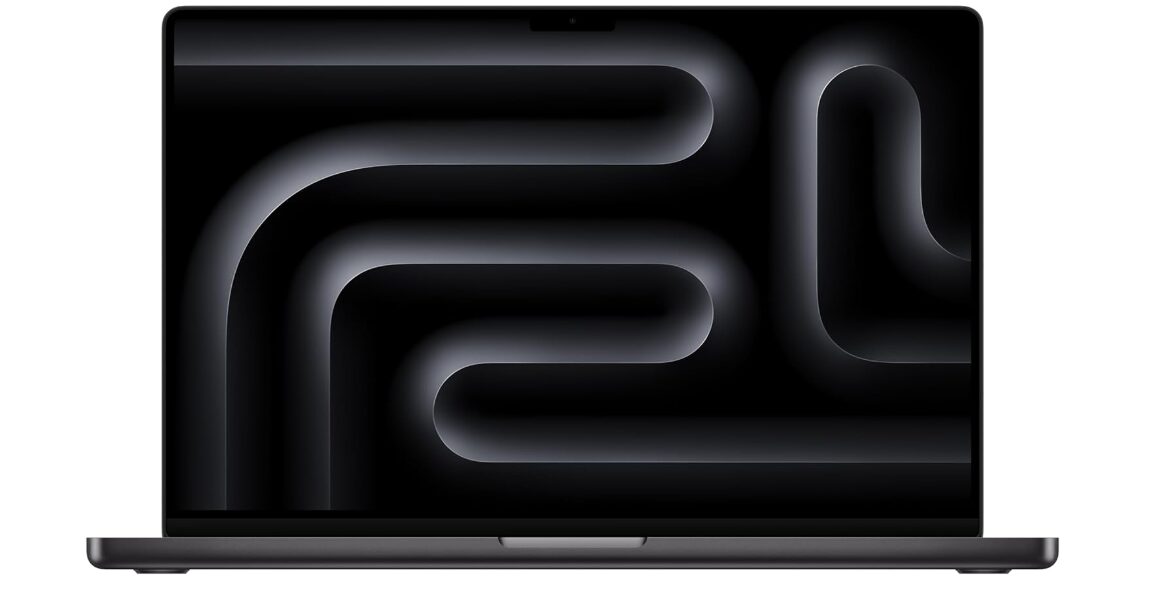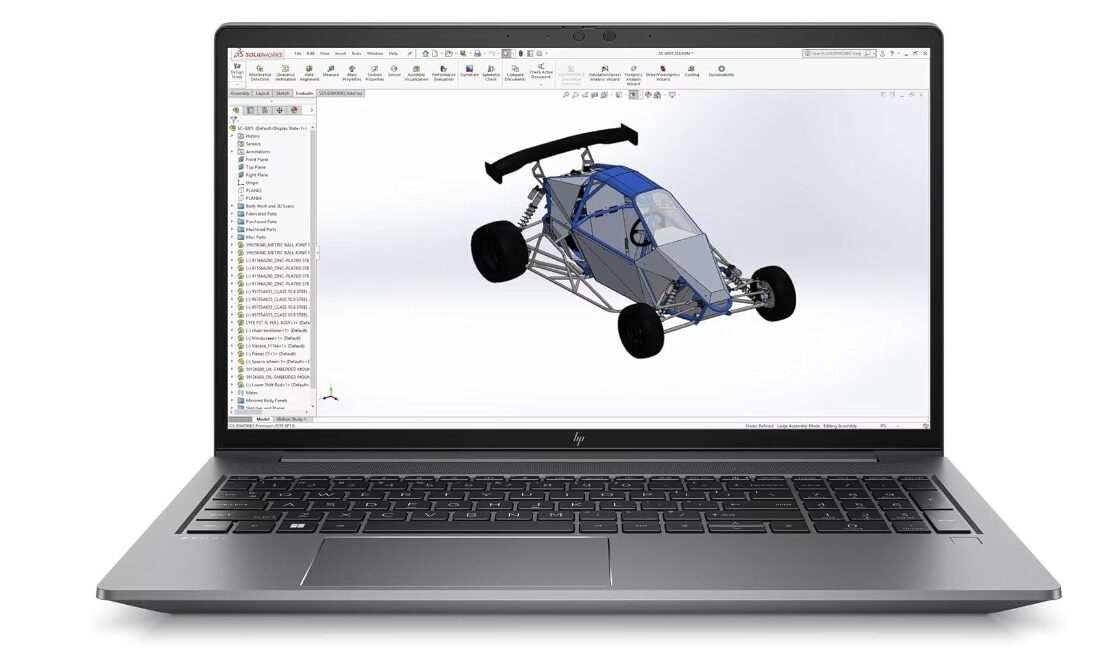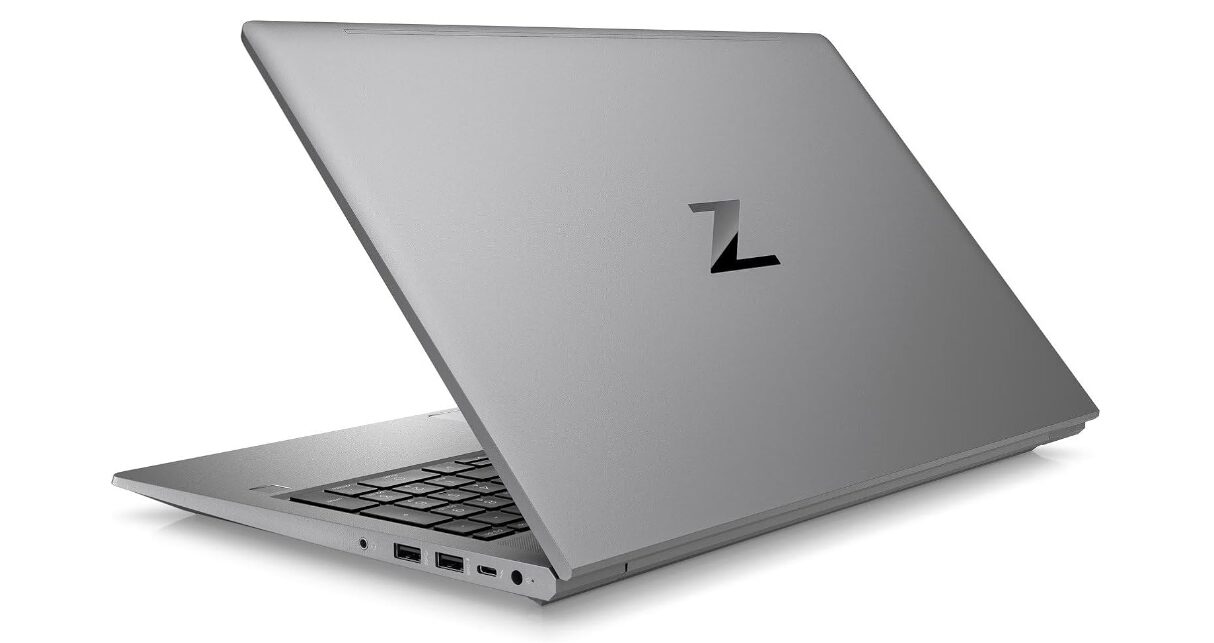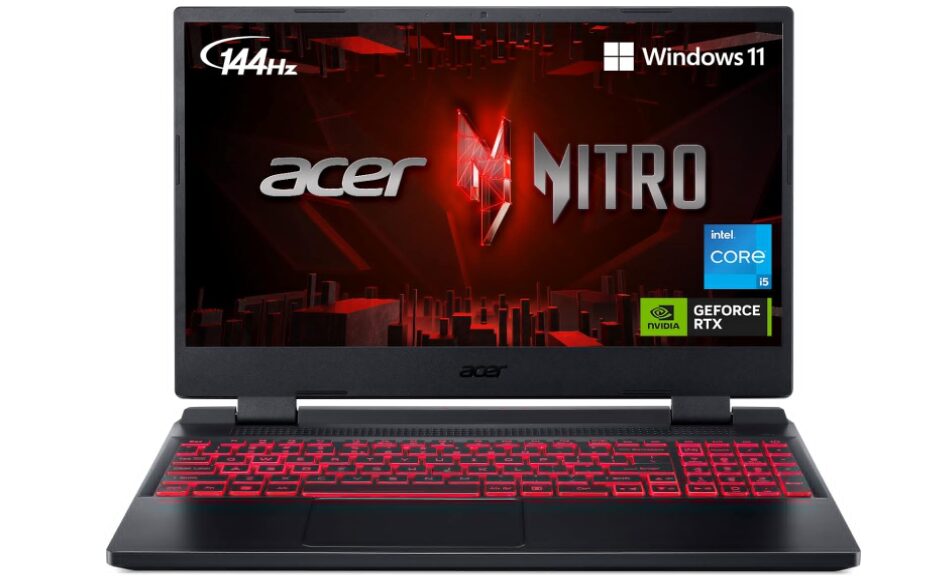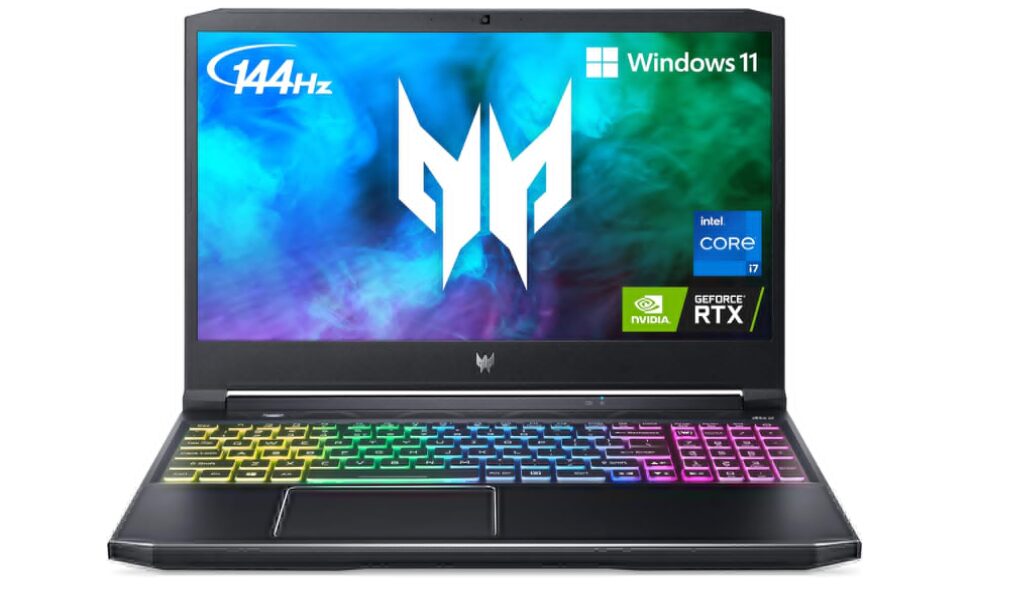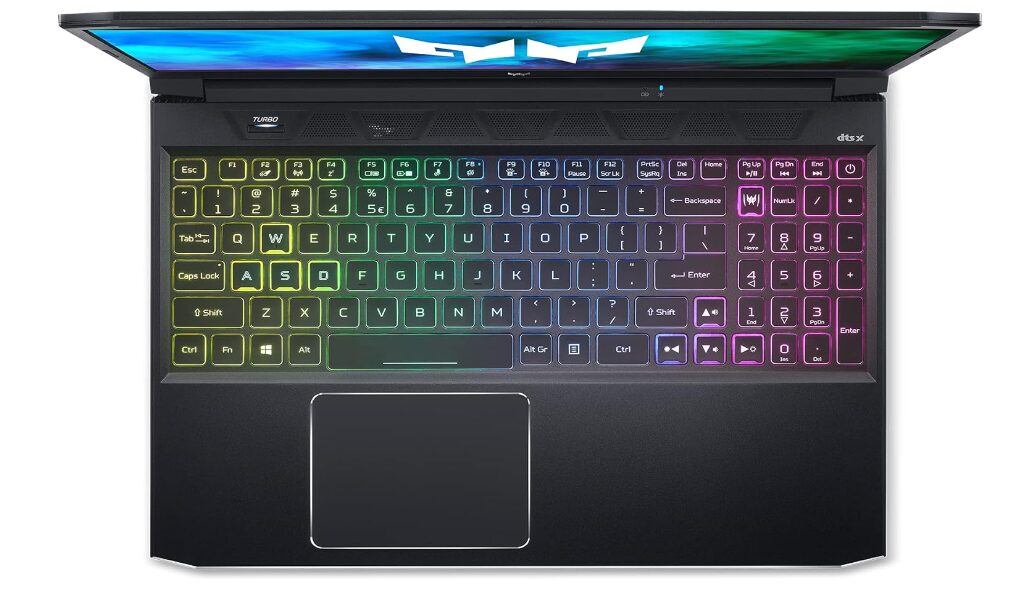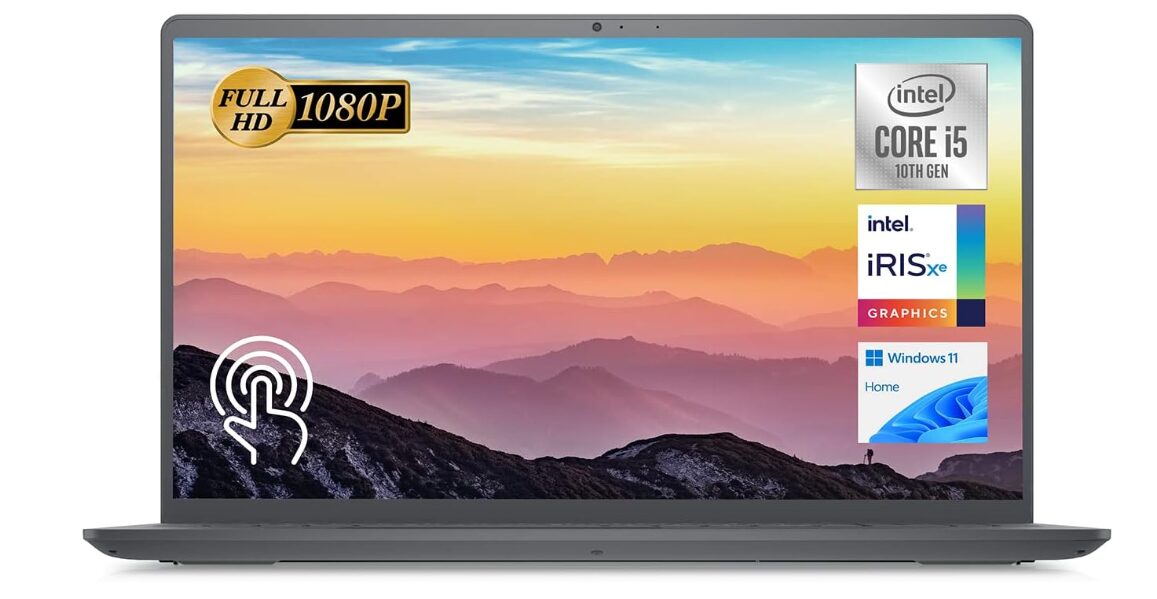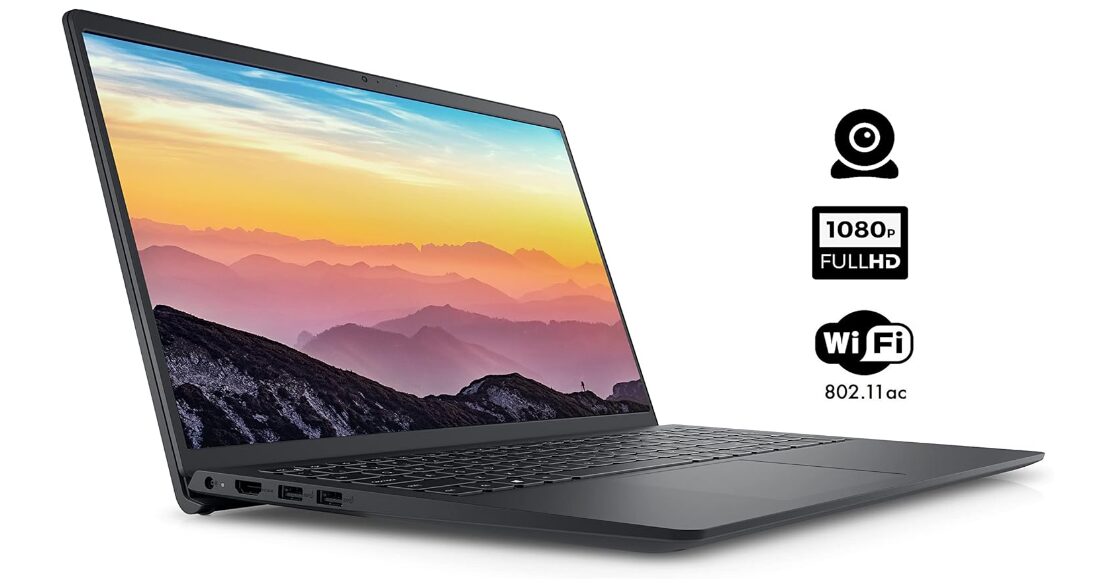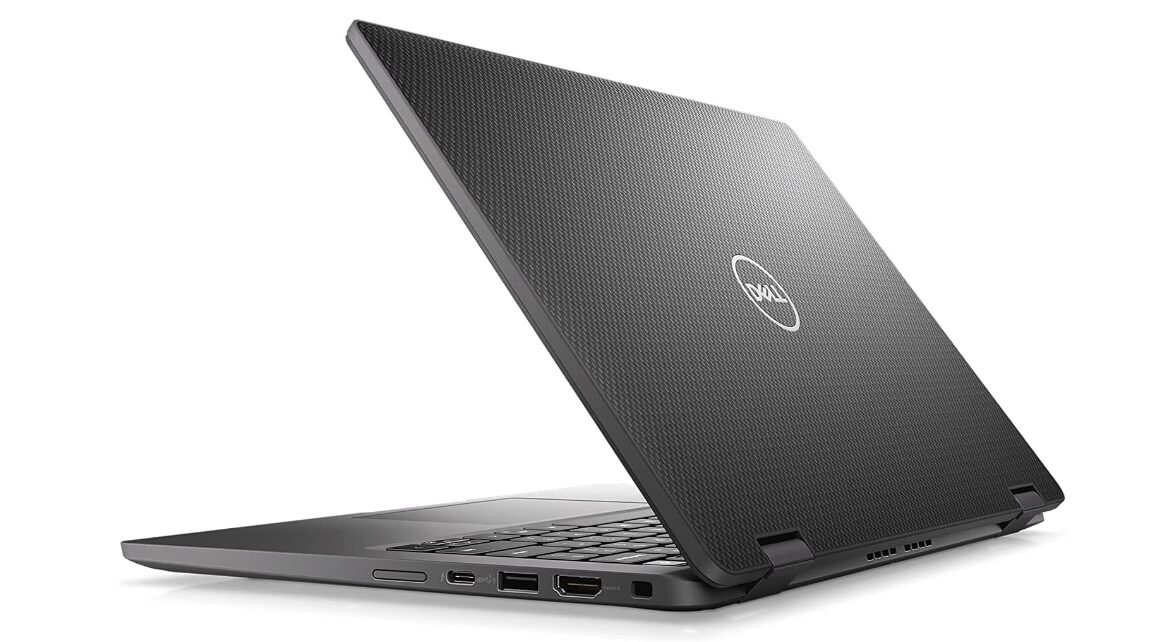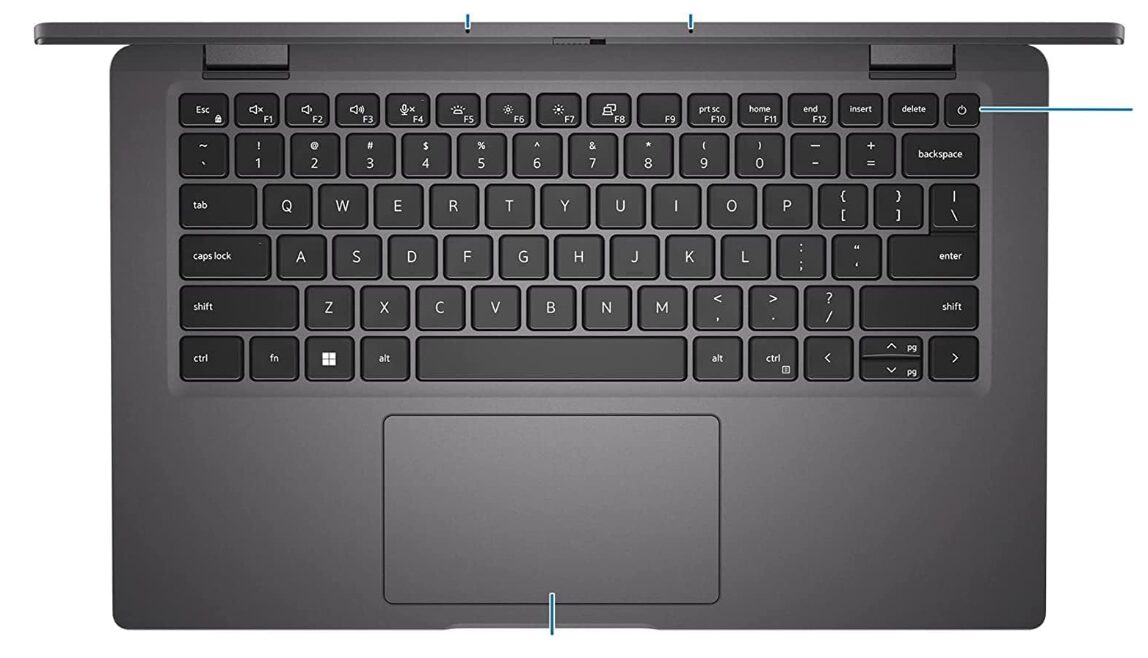With the rise of digital threats, cybersecurity is gaining significance. There are lots of job openings, over 3 million, and they pay well. That’s why more people are interested in this field. Now, cybersecurity experts and students need good laptops to protect against attacks and run security tools smoothly. Many everyday laptops are powerful enough for this, but people often don’t realize it.
The best laptops for cyber security students in 2024 should have a strong processor, built-in security features, and lots of storage. But there’s more to consider. Below, you’ll find reviews of the best laptops for cyber security majors, students, and professionals.
BUDGET PICK
4.3

EDITOR’S PICK
9.2
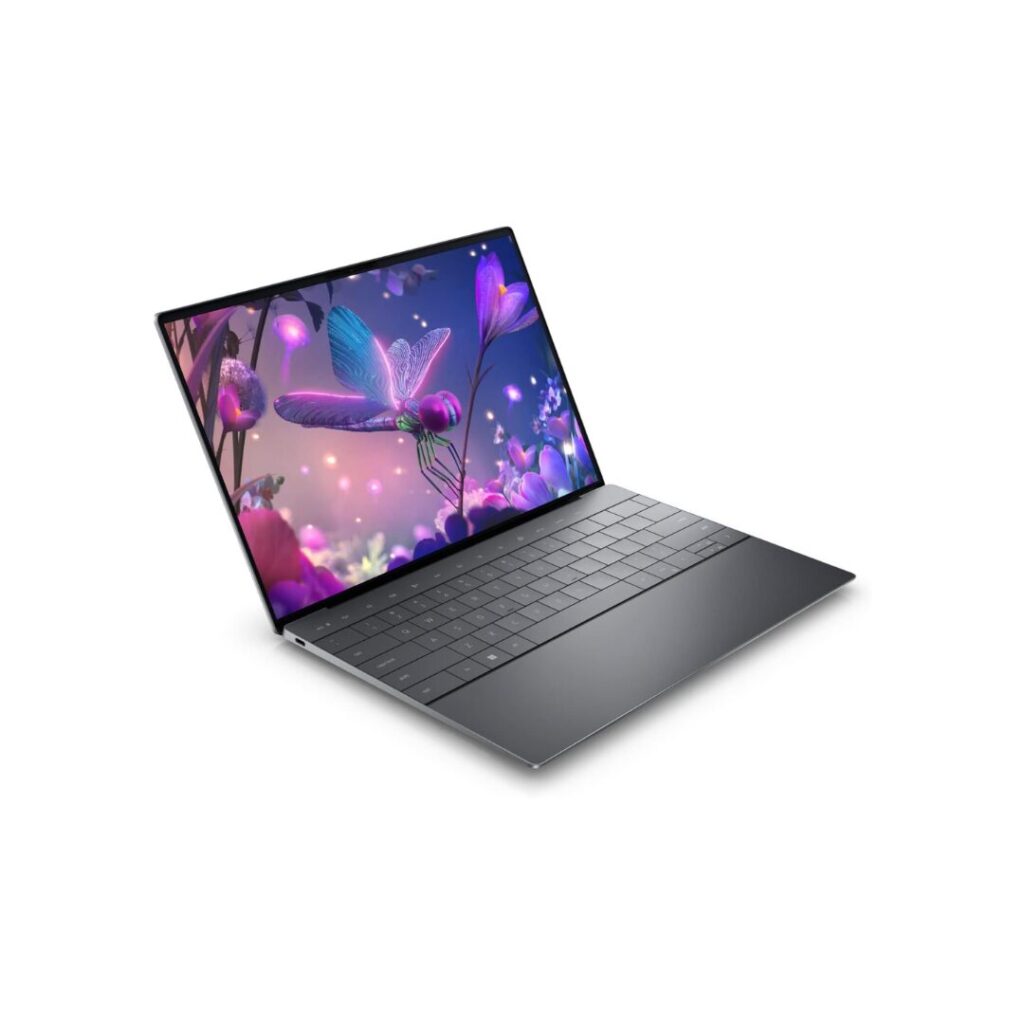
MOST RATED
9.8

Content
Best Laptops For Cyber Security Students & Professionals in 2024
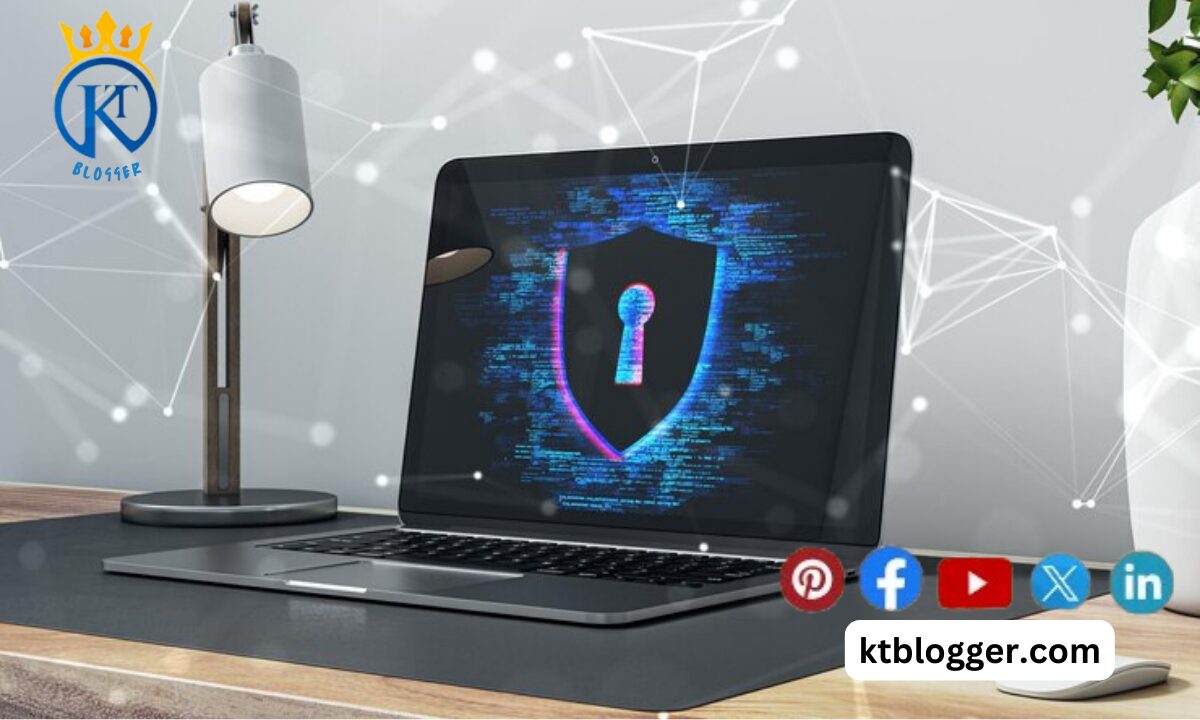
You might have read the reviews on Reddit or other forums for selecting which is the cheap and budget laptops for cyber security as a student or professional. But, here you’re about to find a more comprehensive and latest list of cybersecurity-friendly laptops.
Before selecting the best laptop for your cybersecurity major or work you should know cyber security laptop requirements in 2024. You should look for anti-malware and network security laptops for privacy-conscious students. Ensure your laptop is compatible with cybersecurity software for seamless protection. Additionally, you also need a laptop with a smooth keyboard experience to do your programming as fast as possible. Here are the top 7 best laptops for cyber security:
- Lenovo ThinkPad X1 Extreme Gen 5
- MacBook Pro 16” Laptop
- HP ZBook Studio G9
- Acer Nitro 5 Gaming Laptop
- Acer Predator Helios 300
- Dell Inspiron 15 3000 Series
- Dell Latitude 7430 Laptop
1. Lenovo ThinkPad X1 Extreme Gen 5
Lenovo ThinkPad X1 Extreme Gen 5
5
out of 5
OS: Windows 11 Pro
Display: 16-inch WQXGA (2560 × 1600) IPS or 4K UHD (3840 × 2160) OLE
Processor: Up to 12th Gen Intel Core i9 H-series
RAM: Up to 64 GB DDR5
Storage: Up to 2 TB PCIe Gen 4 SSD
Battery: Up to 15.6 hours
Graphics: Up to NVIDIA GeForce RTX 3080 Ti Laptop GPU
Weight: 3.96 lbs (1.8 kg)
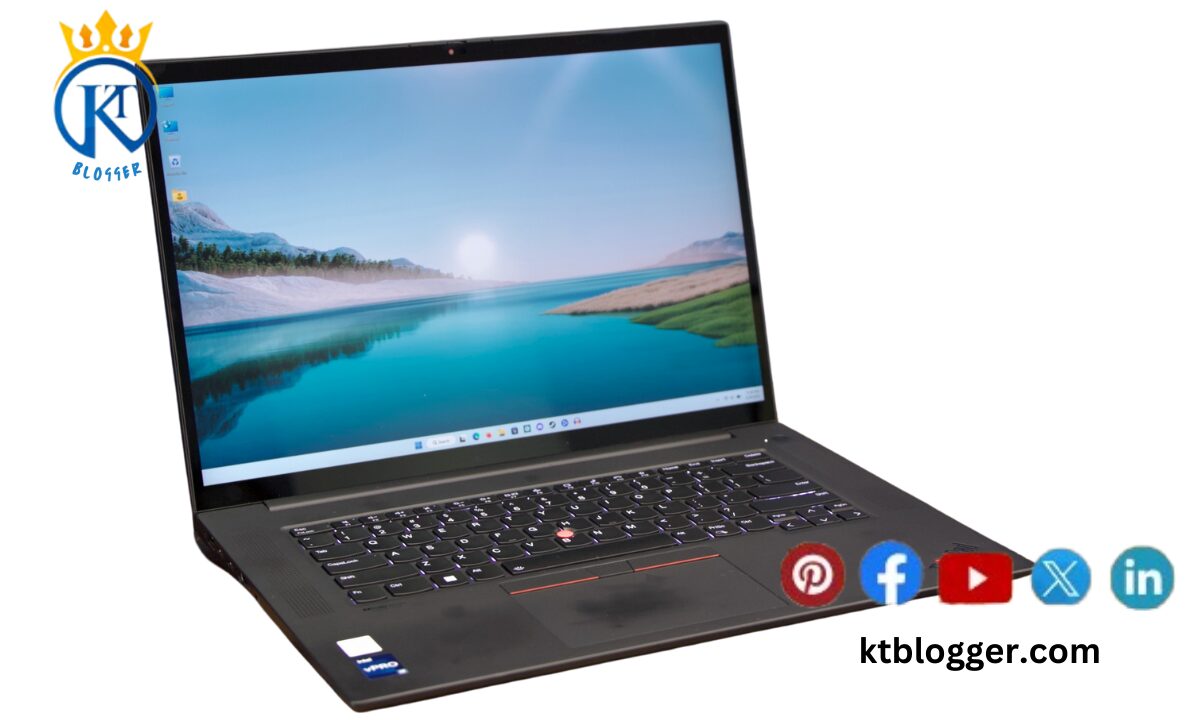
Here we start with my first pick for the best windows laptops for cyber security students. Yes! Lenovo’s ThinkPads stand out for their durability and suitability for cybersecurity tasks.
This laptop can handle many programs because it can have up to 65 GB of RAM.
Plus, if someone steals your laptop, you can track it with your smartphone, even if it’s turned off. The screen is good because it has panels that don’t hurt your eyes after looking at it for a long time.
What did I like the most about it? Its Tile-enabled feature! If your laptop is stolen, you can track it using your smartphone, even if it’s powered off.
Plus, the screen has panels that reduce blue light, which makes it easier on your eyes during long study sessions.
2. MacBook Pro 16” Laptop
MacBook Pro 16”
4.6
out of 5
OS: macOS 14 Sonoma
Display: 16.2-inch Liquid Retina XDR (3456 × 2234)
Processor: M3 chip
RAM: Up to 64 GB
Storage: Up to 1 TB SSD
Battery: Up to 21 hours (video playback)
Weight: 4.79 lbs (2.17 kg)
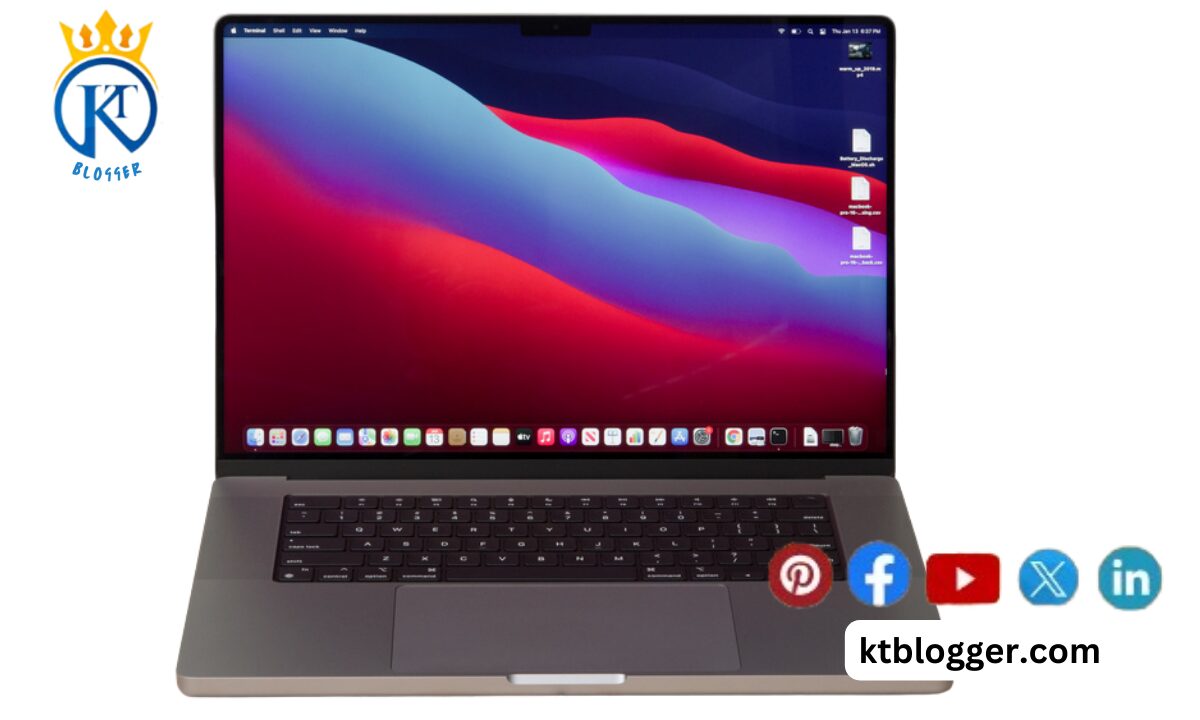
Is MacBook good for cyber security students? Yes, it is! People argue about which operating system is better, like Intel Core systems versus Apple’s. But it’s surprising to know that Apple’s MacOS works well for cyber security tasks.
The MacBook Pro has a powerful M chips CPUs that can easily run programs, check for risks and threats, and update software all at once.
While the Apple MacBook Air remains a popular option, it has fewer features than the MacBook Pro. It has a smaller CPU, GPU, and storage space. Apple’s laptops are known for having long battery lives, better than other laptops.
The new M chip is a big improvement, according to experts. One of them said it ‘met and surpassed every challenge I have thrown at it.’
Additionally, MacBook laptops are equipped with robust security features, ensuring safe practice. Like coding laptops MacBook offers high performance and ample storage, facilitating smooth programming tasks. Both laptops prioritize reliability and performance, catering to the needs of tech-savvy individuals.
3. HP ZBook Studio G9
HP ZBook Studio G9
5
out of 5
OS: Windows 11 Pro
Display: 16-inch UHD+ (3840 × 2400) DreamColor anti-glare display
Processor: Up to 12th Gen Intel Core i9 HX-series
Graphics: Up to NVIDIA RTX A5500 Laptop GPU
RAM: Up to 64 GB
Storage: Up to 8 TB SSD
Battery: Up to 15 hours
Weight: 4.46 lbs (2.03 kg)
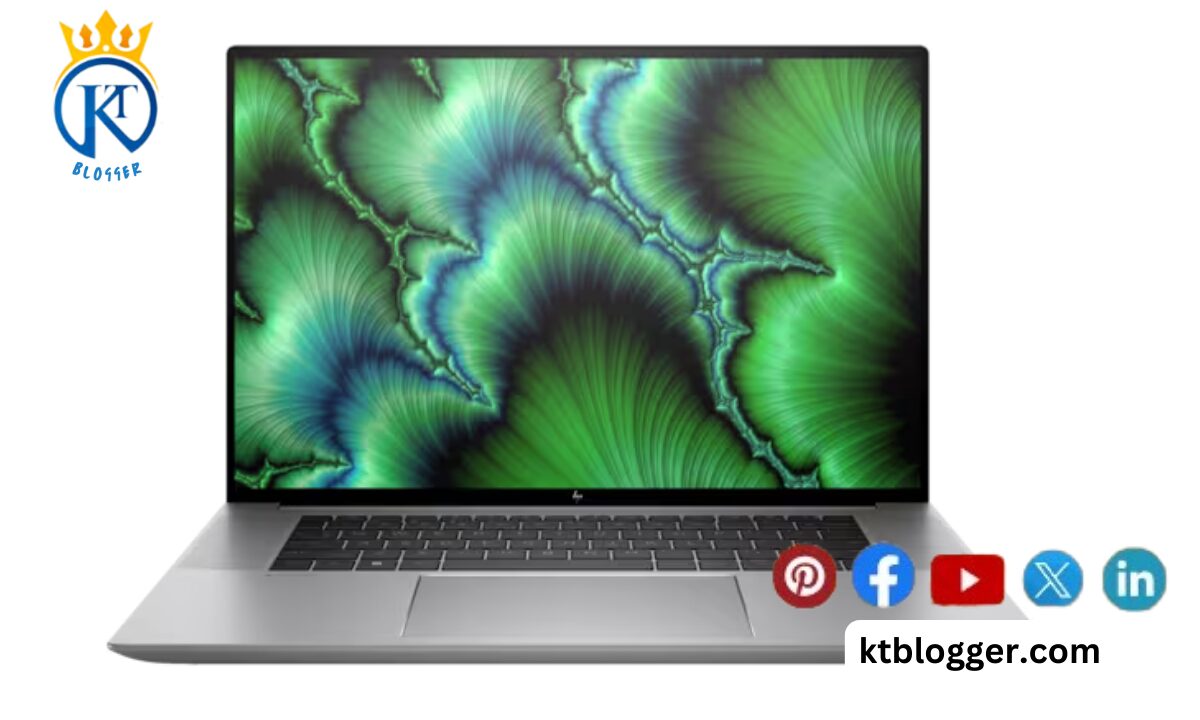
This HP laptop is excellent for both cybersecurity work and other tasks. The ZBook Studio is my third choice for the best hp laptops for cybersecurity students & professionals.
What’s special about it is its self-healing BIOS feature. Basically, if the system gets messed up by cyber-attacks, this feature fixes it quickly. It brings back the laptop to its safe starting point.
It’s ideal for busy students and professionals. Moreover, it’s slim and easily fits into bags. The battery has a long life and charges rapidly, reaching 50% in just 30 minutes. I appreciate its quiet and fast performance.
4. Acer Nitro 5 Gaming Laptop
Acer Nitro 5
4.5
out of 5
OS: Windows 11 Pro
Display: 15.6-inch Full HD (1920 × 1080) IPS 144Hz
Processor: Up to 12th Gen Intel Core i7 or AMD Ryzen 7
Graphics: Up to NVIDIA GeForce RTX 3070 Ti Laptop GPU or AMD Radeon RX 6700M
RAM: Up to 16 GB
Storage: Up to 2 TB PCIe NVMe SSD
Battery: Up to 5 hours
Weight: 5.07 lbs (2.3 kg)
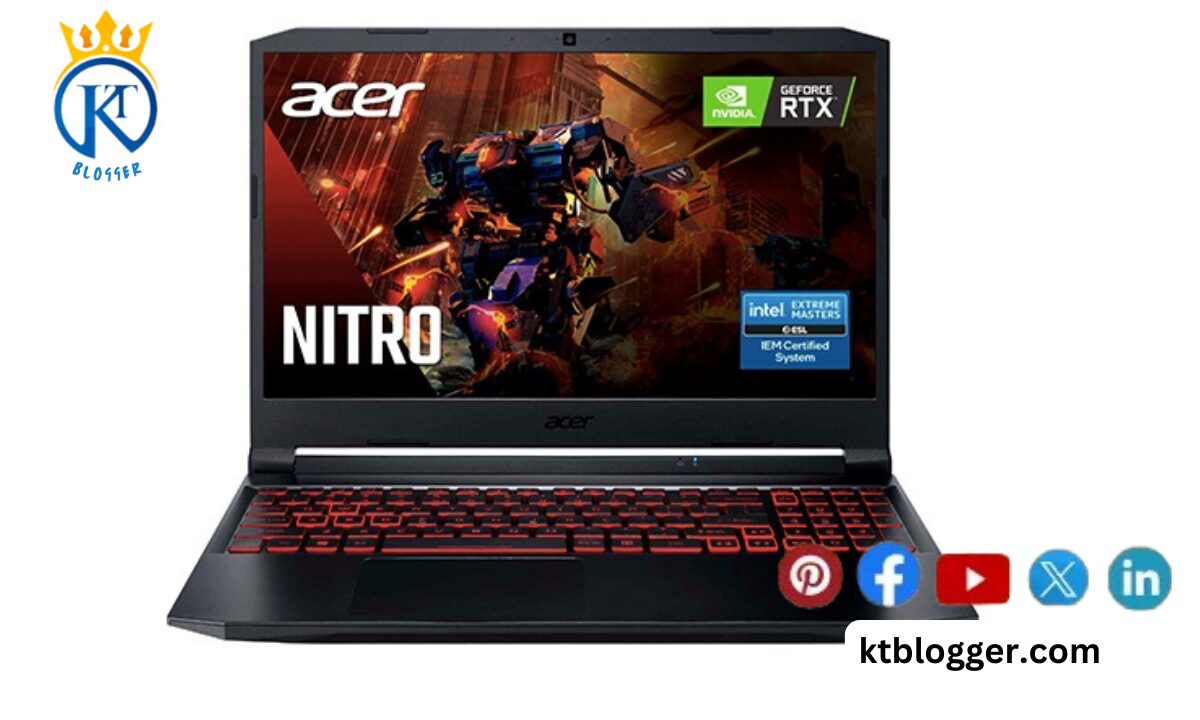
If you’re studying computer science and focusing on cyber security, think about checking out the Acer Nitro 5 laptop. It’s really powerful and the graphics are great too. Even if you’re running a lot of stuff at once, the laptop stays cool and doesn’t slow down, thanks to its advanced cooling system and strong processor.
That means you can use it for lots of different things, like gaming when you’re done with your classes.
For Cyber Security Students, the best laptops prioritize security features like encrypted storage and strong processors. Similarly, Best Laptops for Virtual Assistants focuses on multitasking capabilities and reliable performance for managing various tasks efficiently. Both laptops emphasize reliability and performance, catering to specialized user needs.
One student said this laptop’s performance is amazing. Another student liked that they could add more memory to the laptop depending on what they needed for their classes.
5. Acer Predator Helios 300
Acer Predator Helios 300
4.5
out of 5
OS: Windows 11 Pro
Display: 15.6-inch QHD (2560 × 1440) IPS 165Hz or 360Hz, or Full HD (1920 × 1080) 360Hz display options
Processor: Up to 12th Gen Intel Core i7 or AMD Ryzen 7
Graphics: Up to NVIDIA GeForce RTX 3070 Ti Laptop GPU or AMD Radeon RX 6700M
RAM: Up to 32 GB DDR4
Storage: Up to 2 TB PCIe NVMe SSD
Battery: Up to 5 hours
Weight: 5.07 lbs (2.3 kg)
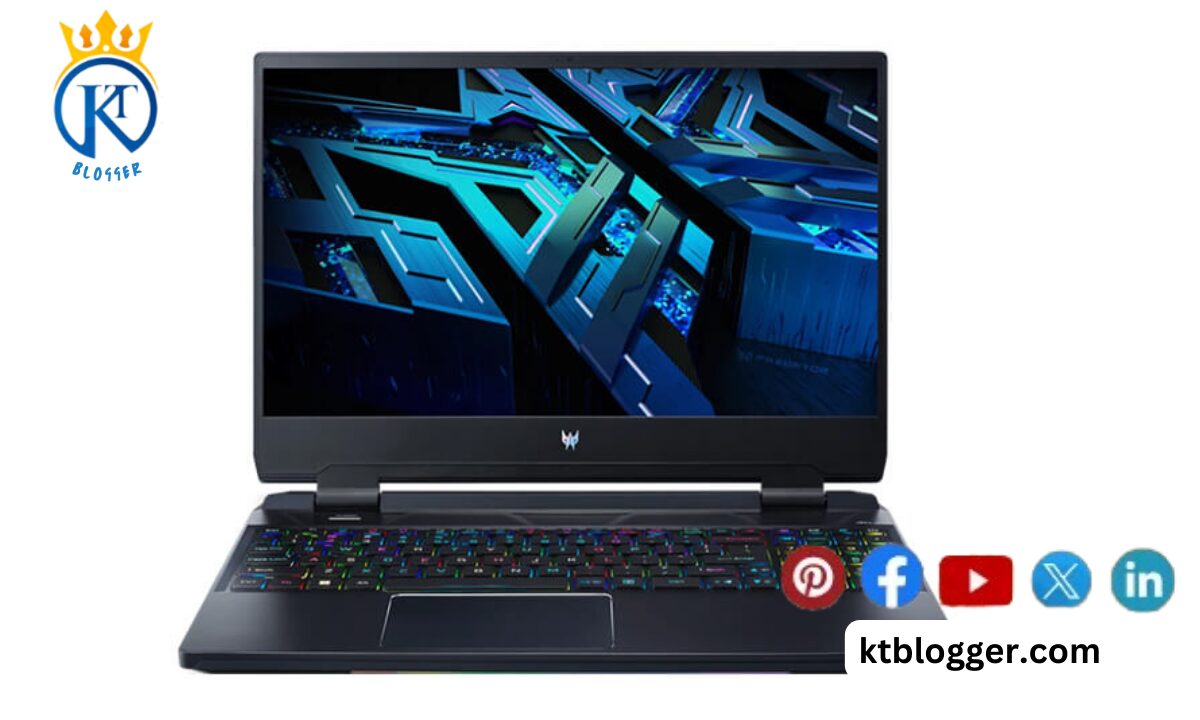
The Acer Predator Helios is mostly made for playing games, but it’s also good for cybersecurity stuff, especially for students. It’s a good choice compared to ASUS laptops or similar ones, and it’s cheaper too, without losing good graphics or speed. Even though it’s an older model, it remains a solid choice.
The fast and effective cooling system of this laptop is important for both gamers and technicians.
That’s why I think it’s the best device for cybersecurity students and working people who need a powerful laptop.
6. Dell Inspiron 15 3000 Series
Dell Inspiron 15 3000 Series
4.5
out of 5
OS: Windows 11 Pro
Display: 15.6-inch Full HD (1920 x 1080) IPS
Processor: Up to 12th Gen Intel Core i7 or AMD Ryzen 7
Graphics: Up to NVIDIA GeForce GTX 1650 or AMD Radeon RX 640
RAM: Up to 16GB DDR4
Storage: Up to 1 TB PCIe NVMe SSD
Battery: Up to 7 hours
Weight: 3.8 lbs (1.7 kg)
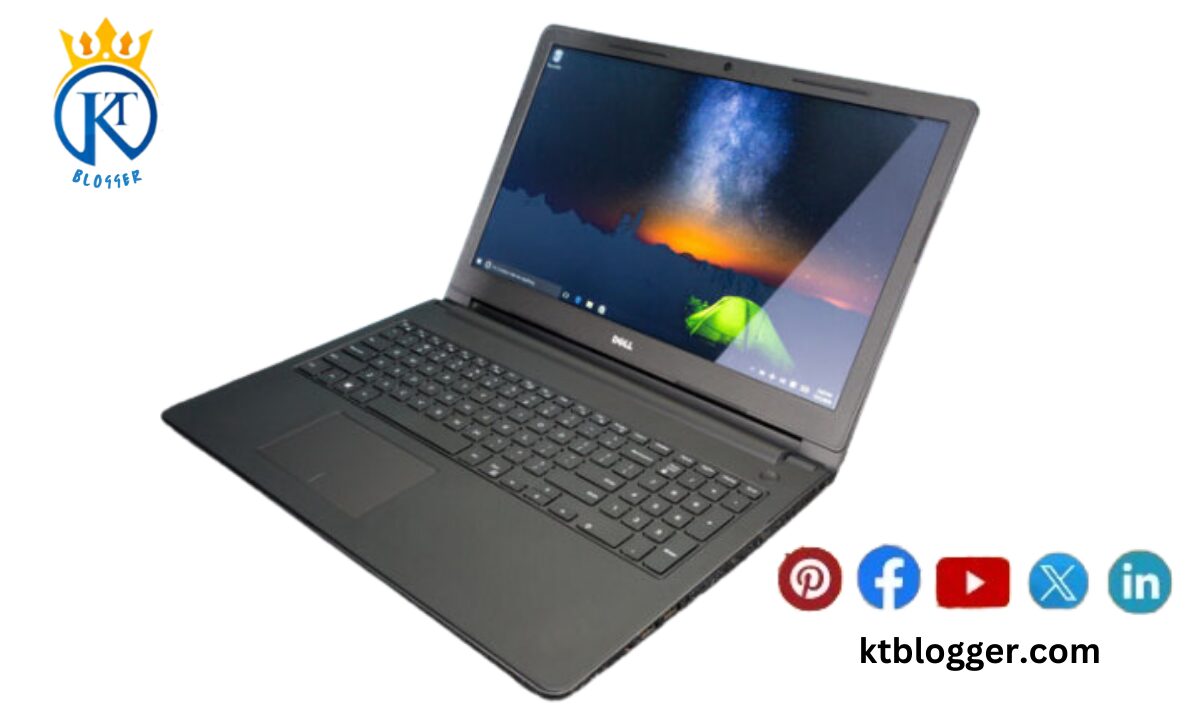
The Dell Inspiron 15 isn’t the newest or fanciest laptop for cyber security, but it gets the job done. It runs on Windows and handles lots of tabs and apps without slowing down. Plus, the touchscreen is handy when you’re tired of typing and clicking all day.
The best dell laptop for cyber security offers robust encryption and powerful processors to handle intensive tasks. Similarly, the Best Laptops for Netflix prioritize high-resolution displays and fast streaming capabilities. Both ensure optimal performance for their respective purposes.
Even though it’s cheaper, I noticed that the RAM and storage space are really good for the price. And, I’m pleasantly surprised by how good the visuals are too.
7. Dell Latitude 7430 Laptop
Dell Latitude 7430
3.8
out of 5
OS: Windows 11 Pro
Display: 14-inch Full HD (1920 x 1080) or QHD+ (2560 x 1600) IPS
Processor: Up to 12th Gen Intel Core i7 vPro
Graphics: Up to Intel Iris Xe integrated graphics
RAM: Up to 32GB DDR4
Storage: Up to 2TB PCIe NVMe SSD
Battery: Up to 20 hours
Weight: 3.2 lbs (1.4 kg)
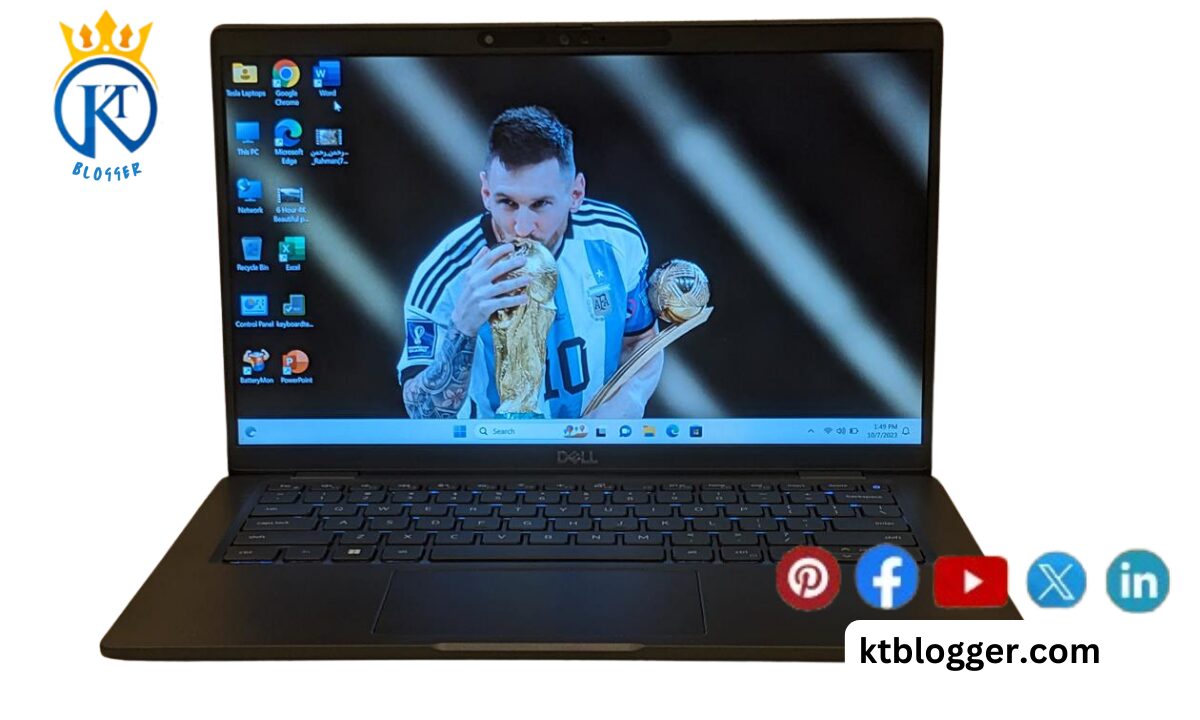
Now, here is my last pick. Yes! The Dell Latitude laptop is light, only 2.9 pounds! It’s way lighter than big gaming laptops or heavy workbooks. It’s great for cyber security folks who need a powerful and easy-to-carry laptop. You can even use it as a touchscreen tablet!
Even though it’s light, this laptop handles heavy work just fine. It has lots of storage and power, so switching between software and apps is smooth. It stays cool without making a lot of noise, thanks to its fan and cooling system.
Like other Dell laptops, it has ComfortView to help your eyes during long use. And it locks automatically when you’re not there, which is handy for busy people.
What are the Laptop Requirements For Cyber Security Students?
If none of the laptop choices mentioned above meet your needs, consider these general criteria when choosing a laptop for cyber security.
Memory and CPU
For running virtual machines, opt for a laptop with a minimum of 16 GB of memory and a CPU boasting 6 cores and 12 threads. If you’re involved in ethical hacking tasks, prioritize a laptop with a higher core count to handle emulation or numerous small tasks efficiently.
Storage
Aim for a minimum of 1 TB of storage space to accommodate VMs.
Graphics
Unless you’re involved in tasks like cracking hashes or gaming in your free time, a dedicated video card isn’t essential.
Display
A top-tier display isn’t necessary unless you’re an avid gamer. A refresh rate of 60 or 90Hz should suffice, as higher refresh rates drain battery life. A 16:10 screen aspect ratio is ideal for code review.
Battery Life
Opt for a laptop with extended battery life for increased portability. Generally, 6-8 hours of battery life should be ample for most users.
FAQs
How Much RAM Do You Need for Cyber Security?
When you’re picking out a laptop, you need to think about storage and RAM, which helps your computer run smoothly. For most people, 8 GB of RAM is enough. But if you work in cyber security, it’s better to have at least 16 GB of RAM. You can get more, like 32 GB, but it’s usually not necessary.
Which Laptop is Good for Cyber Security?
If you’re into cyber security, you need a good laptop that can handle tasks like hacking testing, and analyzing networks and malware. Here are some good cyber security laptops:
- Lenovo ThinkPad X1 Extreme Gen 5
- MacBook Pro 16” Laptop
- HP ZBook Studio G9
- Acer Nitro 5 Gaming Laptop
- Acer Predator Helios 300
- Dell Inspiron 15 3000 Series
- Dell Latitude 7430 Laptop
Do you need a Graphics Card for Cybersecurity?
While not essential, having one can enhance password-cracking performance through GPU acceleration.
Which is more advantageous for Cybersecurity, Mac or PC?
Mac holds an advantage over PC in terms of cybersecurity, thanks to its Apple T2 security chip. This feature helps safeguard against unauthorized access and various data security threats.
Final Verdict
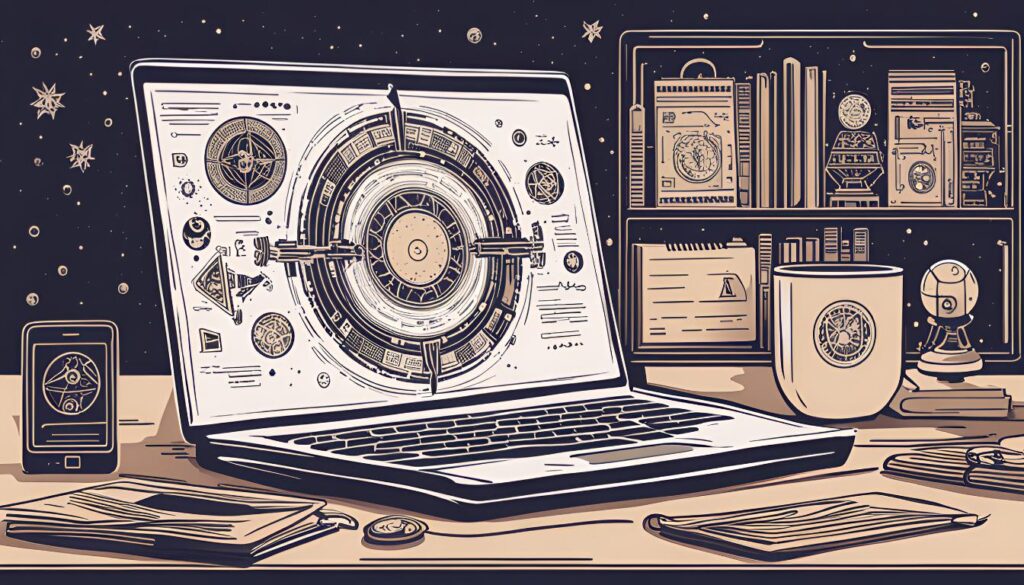
To find the best laptops for cyber security students, think about what matters most to you. If you want a powerful computer that’s great for security tasks, pick the MacBook Pro.
However, If you’re a cyber security student on a budget, consider the Acer Nitro 5, and it’s good for both studying and gaming.

